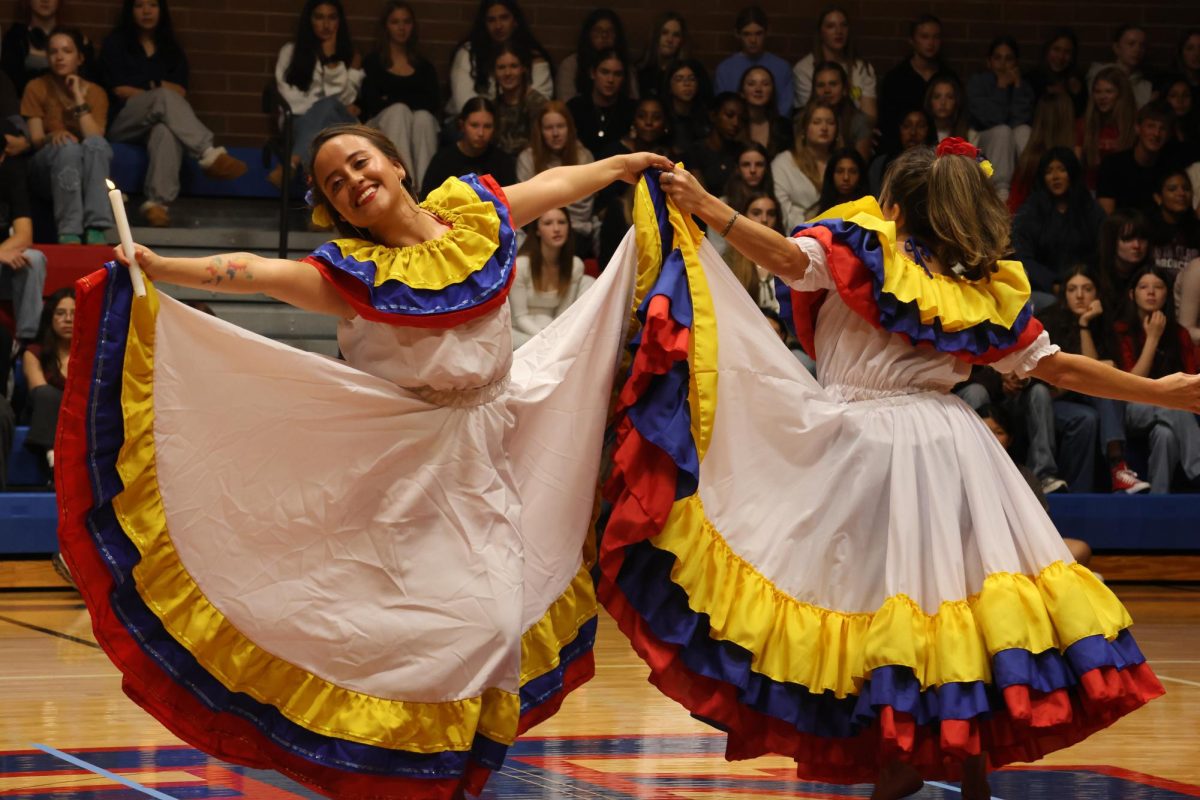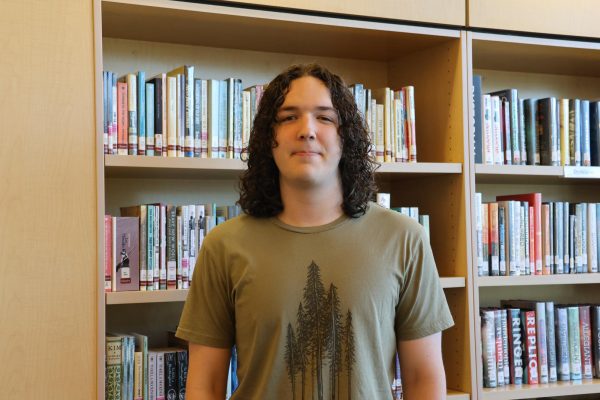On Friday, April 11, students had their annual opportunity to elect which of their peers will represent and advocate for them on the Student Council as the new 2025-26 Co-Student Body Presidents.
Along with the rest of the soon to be selected Student Council, the new presidents — juniors John Rask Jr. and Larissa Bonn — will work as the core of the Leadership class next year to tackle issues that affect student life.
Yet, even as those in the class work to advocate for students, the election assembly is the biggest window the student body gets into that process and their leaders.
The Executive Council has 10 members, while the class itself, the Student Council, consists of some 30 students who work to make the decisions of the council and its faculty advisor Ms. Adriana Noesi’s recommendations come to fruition.
Often, this takes the form of school assemblies, from pep rallies to those celebrating sports, and celebrations of diversity within the school’s community, such as the upcoming assemblies during Roots Week, or the celebration of La Salle’s victory in Oregon 5A basketball.
“I feel like my job in Student Council is really to be … a guide and a resource and someone that has had more experience,” Ms. Noesi said. Someone who, according to her, can be a voice of moderation and advise the council on how to make its ideas come to reality in a realistic fashion.
And while those ideas often take the form of assemblies, it’s not always that limited. Last year, at student request, and representative of the council’s role in student life, one of their top priorities was to work to address what students felt was an imbalance of recognition between different sports, and to make everyone feel supported and seen in their efforts.
“We tried to come up with a strategy so that this feeling of ‘we don’t appreciate you,’ is changed,” Ms. Noesi said.
But now, after making some changes to composition of the council’s positions and a focus on equitable and effective sports recognition, whether through social media posts or assemblies or making sure people showed up at games, Ms. Noesi worries they have become over-focused on sports.
“The challenge this year that we have found from students is that we have been so busy understanding how to promote sports in a more equitable way, that we have forgotten about the arts in our school,” Ms. Noesi said.
Meanwhile, the eight officers on the council — all selected by a committee formed by Director of Equity and Inclusion Mr. Mario Garza, Director of Campus Ministry Mr. Carter Powers, Campus Ministry Associate Ms. Bri Freitas, and Dean of Students Ms. Kenzie D’Ambrosio, along with the input of the presidents — specialize in each of their individual fields of work, according to Ms. Noesi. The class and the council are both specifically chosen to represent a broad section of the student body, in terms of everything from gender, sports and extracurricular focus. Along class lines, a majority of officers are seniors, while the class itself is made up of a mix of mostly upperclassmen, and freshmen are invited to join second semester.
The Co-Student Body Presidents, on the other hand, are the most public facing and most general roles of the council. Elected by popular vote, the presidential candidates are required to have already spent at least one year in the Leadership class.
“The reason why [the one year requirement exists] is primarily because they have to know how a school year runs from the back end enough so that next year, [they can] be extensions of me, and they can support all of these different committees and initiatives in the classroom,” Ms. Noesi said.
The voting assembly, held on Friday, April 11, was planned entirely by seniors to avoid any bias or partisanship within planning, with students casting digital ballots just after the speeches concluded and they returned to their homerooms. Over 90% of all students eligible to participate in voting did, with Rask and Bonn achieving a solid victory, according to Ms. Noesi.
Ms. Noesi said that this was a successful change to elect co-presidents rather than a single president.
“So we thought, instead of it feeling like a hierarchical system, instead of it feeling like that, that we could have a team system where we could have two presidents to support one another, to support everybody else,” Ms. Noesi said.
Ms. Noesi and Ms. D’Ambrosio’s goal of eliminating unproductive hierarchy had already resulted in the elimination of class presidents for each grade level, as they felt that the presidents created a system that was not effective aat representing the actual interests of the classes they represented.
The class itself, and the rest of the council, has evolved just as much over the past half-decade.
Originally a zero period elective, it was only recently that Ms. Noesi researched other schools’ leadership programs and pushed for the class to be a full course, one that offered more opportunities and had more power to advocate for students.
Last year, to address sports recognition and make sure all teams were being supported, the Officer of Athletics was created, along with the addition of a second officer of spirit, while the Officer of Faith and Service was eliminated. This was due to the fact that many of that officer’s crucial functions could be replaced by the Officer of Philanthropy, and crucial faith focused responsibilities were already well covered by the school’s faith and service programs, according to Ms. Noesi.
Next year, Ms. Noesi expects more people to apply for the class and for its size to grow due to its increased popularity. Yet the rigor of the class will remain, and Ms. Noesi wants to make sure all members of the class are capable of handling its responsibilities, meaning a more difficult application process will likely be introduced.
Ms. Noesi hopes that in addressing issues important to students, and working to bring the campus to life, she and the council can provide opportunities for both the valuable training of life skills and the relief of life’s monotony.
“[High school is] highlighted by these really fun moments for kids where … school is really hard, but guess what? We’re looking forward to homecoming. School is really hard, but I’m so looking forward to this dance. God, our day is so long and homework was really hard, but oh my god, Cafe Justo’s still selling fuels this week,” Ms. Noesi said. “And I think that that’s leadership.”


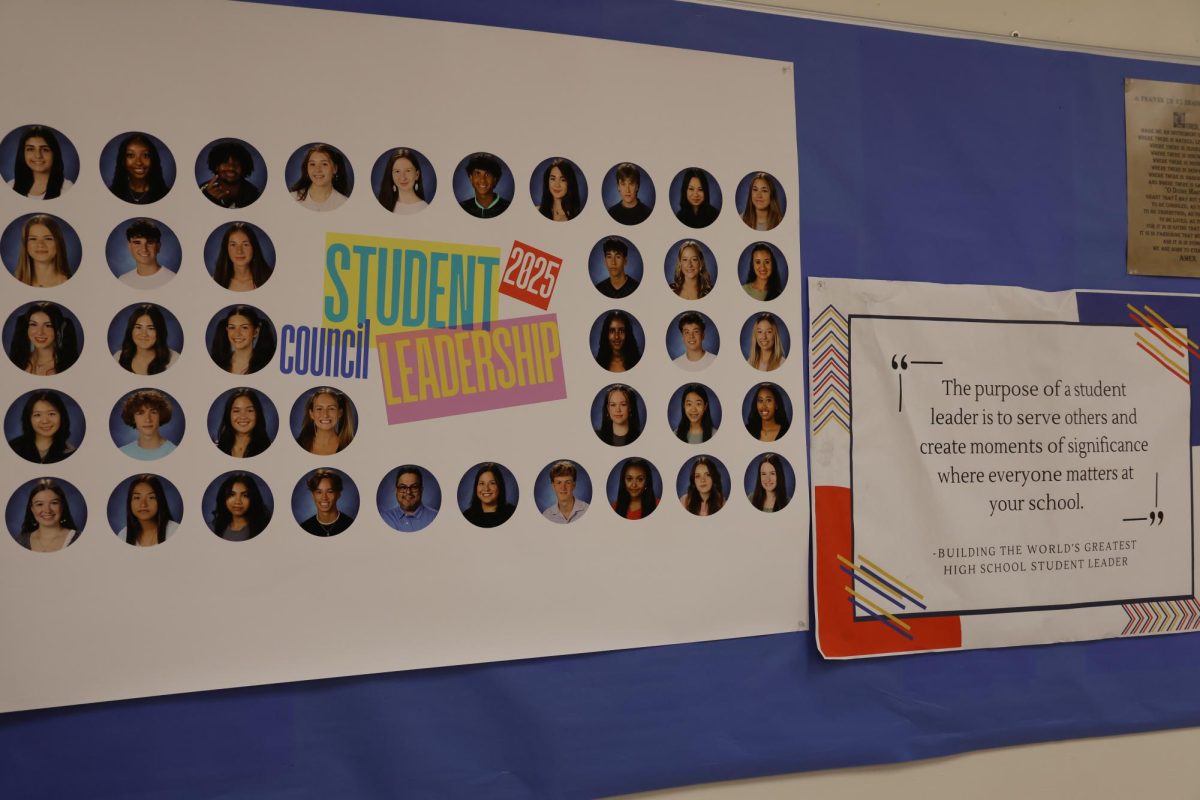
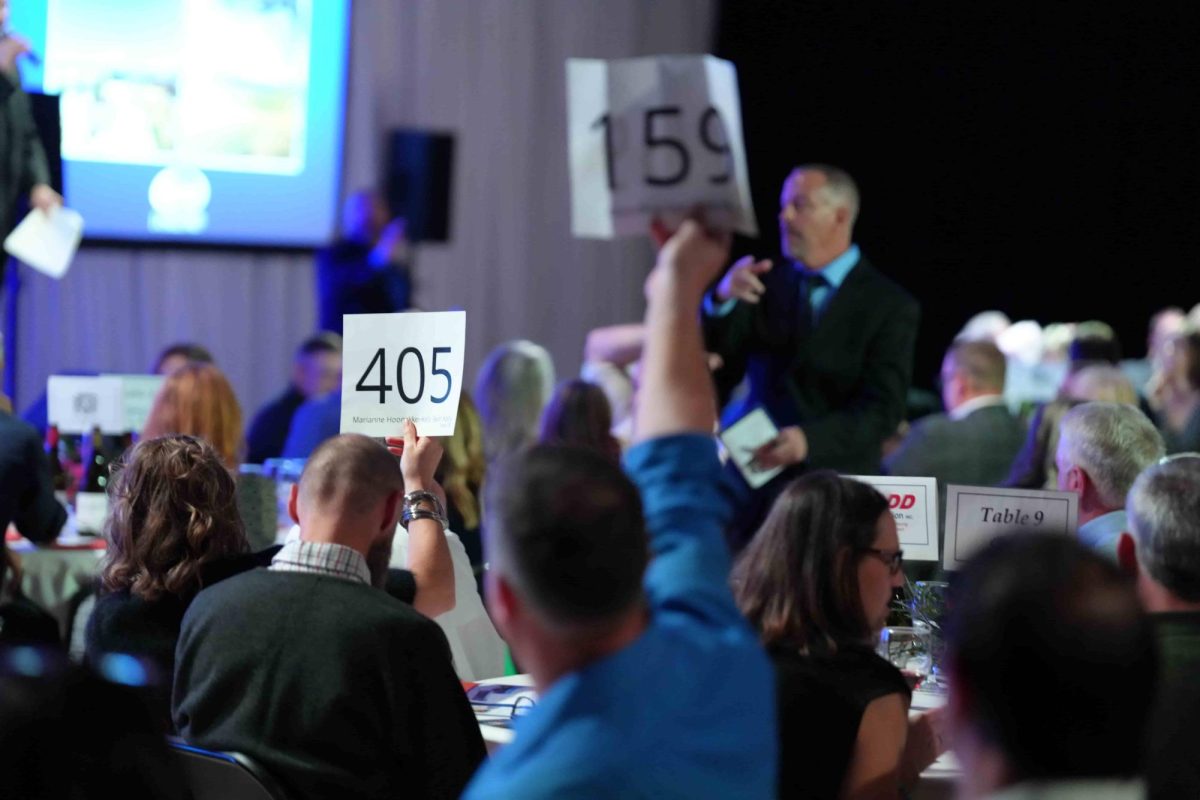


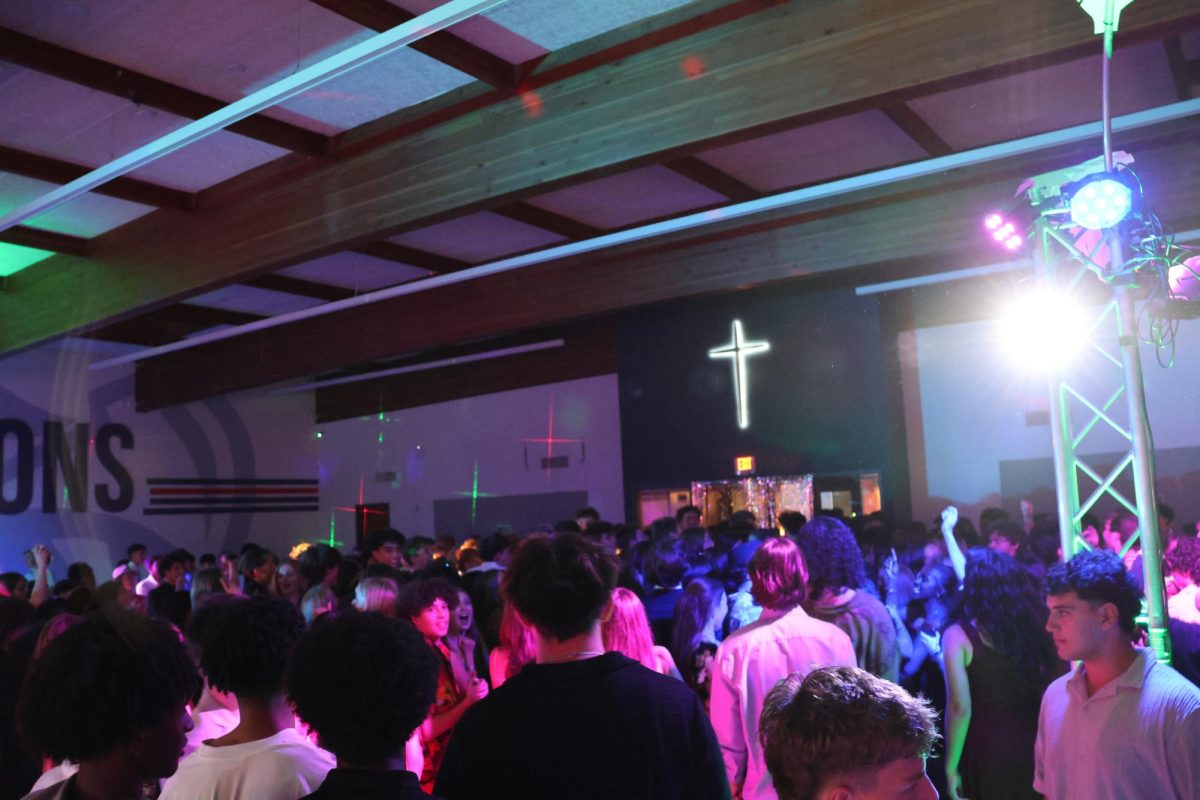
![Mr. Owen Furlong, the temporary Campus Safety Monitor, grew up near La Salle and described how Christ the King was “basically [his] backyard for a long time.”](https://lasallefalconer.com/wp-content/uploads/2025/10/115A2328-1200x800.jpeg)
